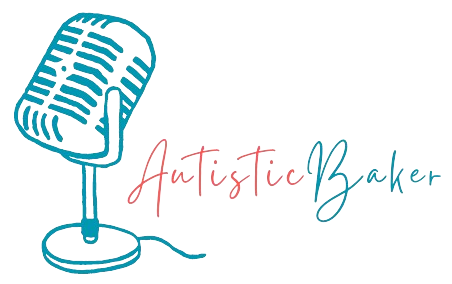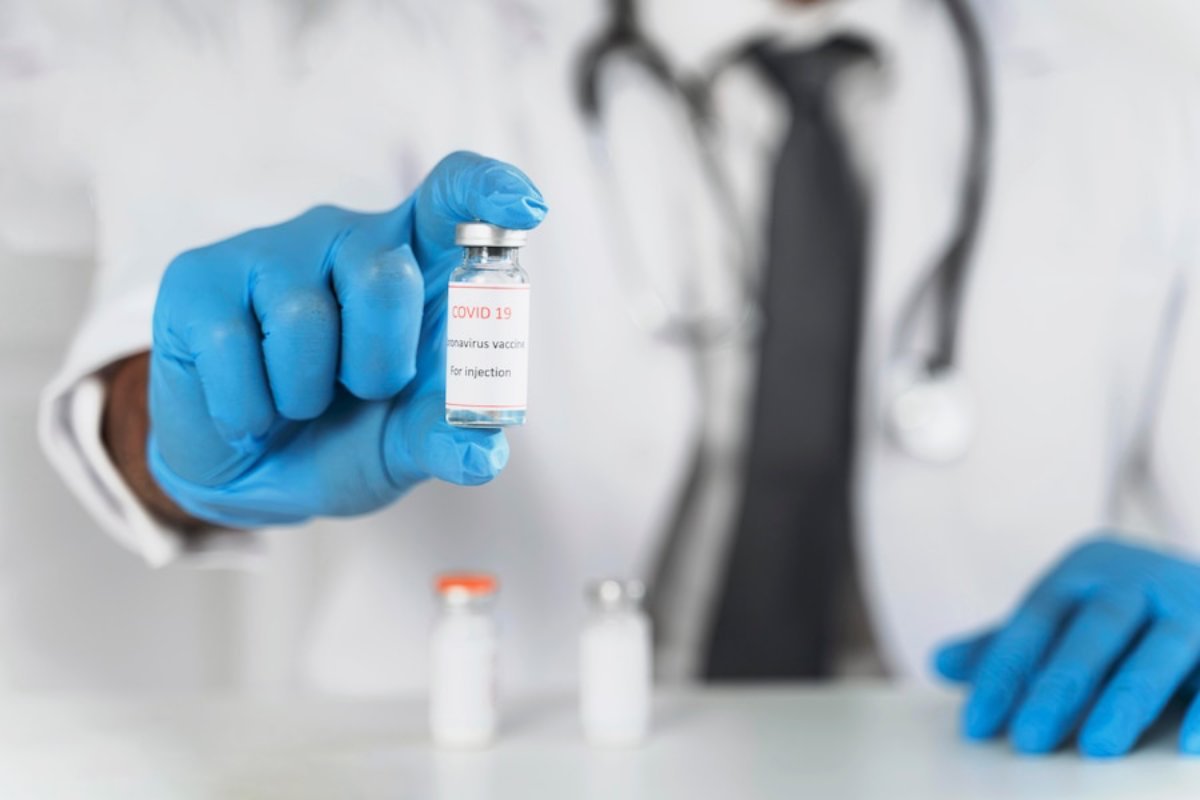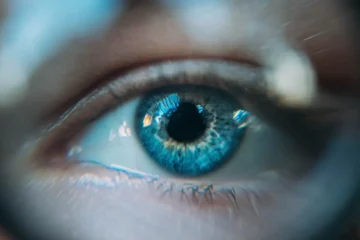Drug tests are a common requirement in many workplaces, especially in industries where safety and compliance are paramount. As employees seek ways to ensure they pass these tests, vitamins and supplements have garnered attention as potential aids in the preparation process. While some of these methods are legitimate, others are based on myths or can even pose risks. This article explores the role of vitamins and supplements in drug test preparation, shedding light on their effectiveness and safety.
Understanding Drug Tests
Before delving into the role of vitamins and supplements, it’s essential to understand how drug tests work. Common types of drug tests include urine, blood, hair, and saliva tests, each designed to detect the presence of specific substances. Urine tests are the most prevalent due to their ease of administration and ability to detect recent drug use.
The Appeal of Vitamins and Supplements
Vitamins and supplements are often touted for their various health benefits, from boosting the immune system to improving energy levels. In the context of drug test preparation, they are believed to help in several ways:
- Detoxification: Some supplements claim to accelerate the body’s natural detoxification processes, helping to eliminate drug metabolites more quickly.
- Dilution: Certain vitamins and supplements can aid in diluting urine, potentially reducing the concentration of detectable drugs.
- Masking: Some products are marketed with the promise of masking the presence of drugs in the system.
Common Vitamins and Supplements Used for Drug Test Preparation
Vitamin B Complex
Vitamin B complex, particularly vitamin B2 (riboflavin) and vitamin B12, is frequently used in drug test preparation. These vitamins are believed to help maintain the color of urine when diluting, making it appear normal rather than overly diluted. This can be important because excessively clear urine can raise suspicion and result in a retest.
Niacin (Vitamin B3)
Niacin is another vitamin often cited for its supposed detoxifying properties. It is thought to help in metabolizing fat, where drug metabolites are stored. However, the effectiveness of niacin in this regard is highly debated, and excessive use can lead to serious side effects, including liver damage and skin flushing.
Creatine
Creatine is a supplement commonly used by athletes to improve performance. In the context of drug testing, it is taken to ensure that the urine maintains normal creatinine levels. Low creatinine levels can indicate dilution, leading to suspicions of tampering with the test sample.
Zinc
Zinc supplements are sometimes used because of their purported ability to interfere with the detection of drugs in urine samples. Some studies suggest that zinc can bind to drug metabolites, potentially reducing their detectability. However, the scientific consensus on this is not definitive, and relying on zinc may not guarantee a negative test result.
The Risks and Limitations
While vitamins and supplements can play a role in drug test preparation, they come with significant risks and limitations:
Ineffectiveness
Many vitamins and supplements marketed for drug test preparation lack scientific evidence to support their effectiveness. Relying on unproven methods can result in a positive drug test, leading to serious consequences such as job loss or legal issues.
Health Risks
Excessive intake of certain vitamins and supplements can pose health risks. For instance, high doses of niacin can cause liver damage, and overconsumption of water-soluble vitamins like B12, while generally safe, can still lead to adverse effects if taken in extremely high quantities.
False Sense of Security
Using vitamins and supplements can create a false sense of security, leading individuals to believe they are guaranteed to pass a drug test. This complacency can be dangerous, especially if the substances they are trying to mask are still present in their system.
Alternative Methods and Ethical Considerations
For those considering more extreme measures, such as using fake pee to pass a drug test, it’s crucial to weigh the legal and ethical implications. While fake pee might offer a quick fix, it can result in severe consequences if detected, including immediate job termination and potential legal action.
Safe and Effective Strategies
Instead of relying on dubious methods, there are safer and more effective strategies to prepare for a drug test:
Natural Detoxification
Allowing the body sufficient time to naturally detoxify is the most reliable method. This involves abstaining from drug use, staying hydrated, eating a balanced diet, and engaging in regular exercise to help expedite the elimination of toxins.
Professional Detox Programs
For those struggling with substance use, professional detox programs offer a structured and medically supervised approach to detoxification. These programs can provide the support needed to cleanse the body effectively and safely.
Transparent Communication
In some cases, being upfront with an employer about prescribed medications or past drug use, coupled with providing medical documentation, can help mitigate issues related to drug testing. Employers may consider context and legal accommodations where appropriate.
Conclusion
The role of vitamins and supplements in drug test preparation is a complex and often misunderstood topic. While some products may offer marginal benefits, the risks and uncertainties associated with their use cannot be ignored. Employees facing drug tests should prioritize safe and proven methods, such as natural detoxification and professional support, over unverified and potentially harmful supplements.
Understanding the limitations and potential dangers of relying on vitamins, supplements, or even fake pee is essential. By adopting healthier, more reliable strategies, individuals can better ensure their well-being and compliance with workplace requirements.
Author Bio:

I’m John Llanasas a highly- skilled well experienced professional article writer, writing informative and engaging articles covering topics mostly related to health, home improvement, productivity, technology, education, and travel. By doing a lot of research I can produce productive content full of information. I am a master of creative writing, web writing, Article rewriting, and proofreading. Hard work is the key to my success. That’s why I am very punctual and dedicated to my work. Creativity is an art for me that’s why plagiarism is not appreciated at all.




